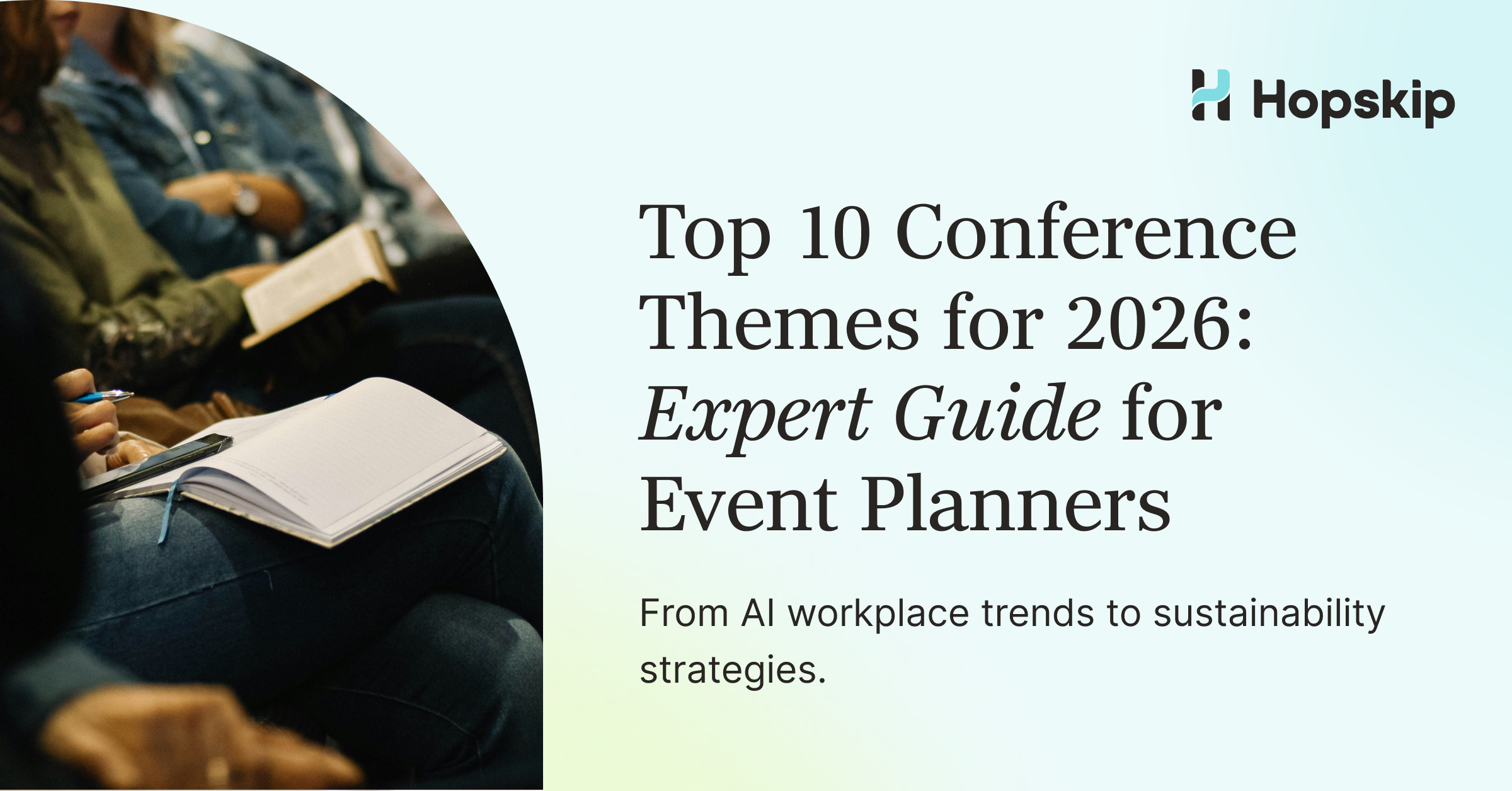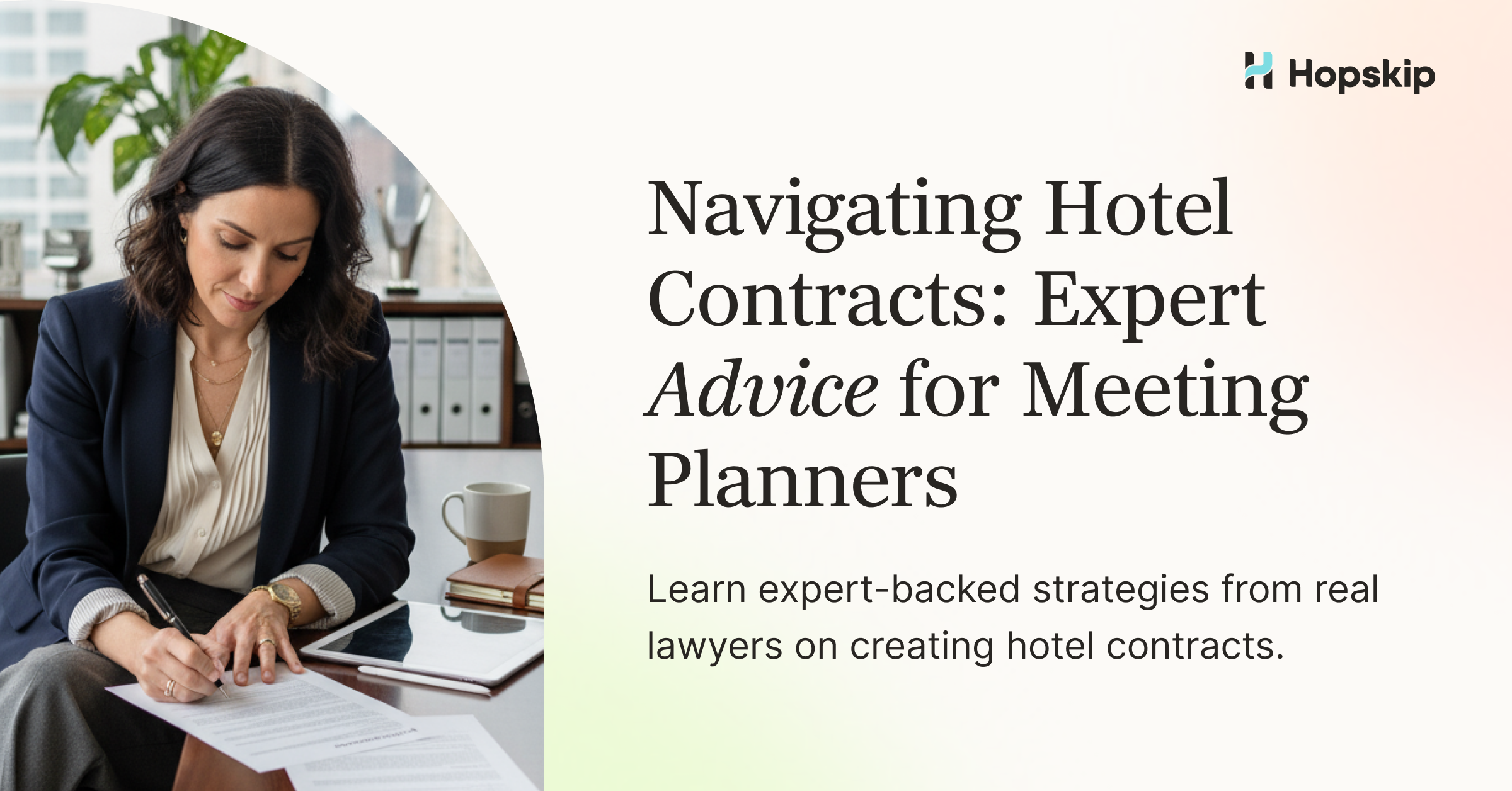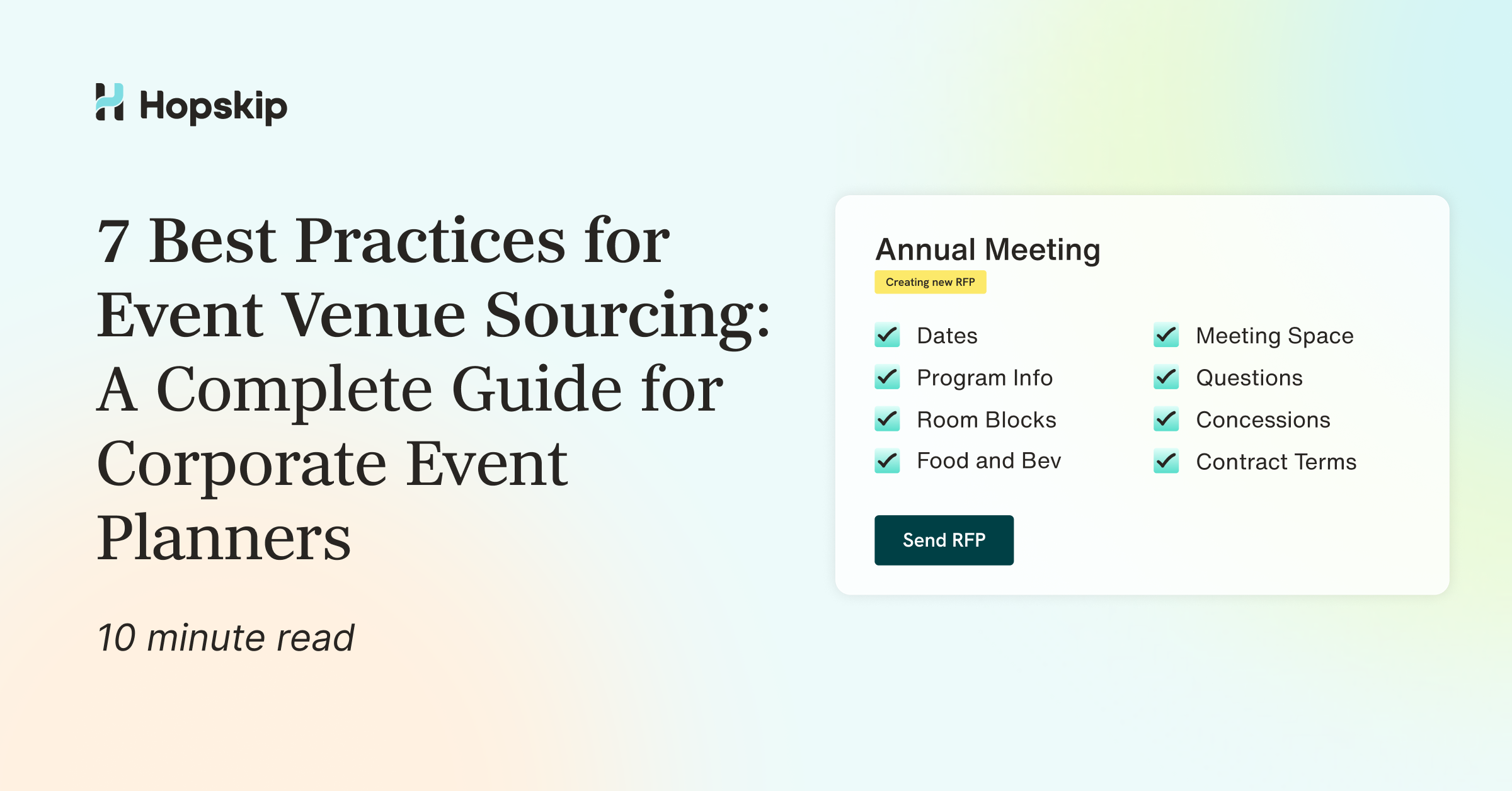
Corporate events are evolving rapidly in 2026. With 51% of marketers increasing their experiential marketing investment, choosing the right conference theme has never been more critical for driving attendee engagement and measurable ROI.
In this comprehensive guide, we explore the top conference themes that will resonate with attendees in 2026—backed by industry data and real-world applications you can implement today.
Why Your Conference Theme Matters in 2026
Your conference theme is more than a tagline. It shapes your entire event strategy:
- Sets attendee expectations and drives registrations
- Guides content development for keynotes and breakout sessions
- Influences sponsor engagement and partnership opportunities
- Creates a cohesive brand experience across all touch points
With 75% of knowledge workers now using AI at work and remote work reshaping corporate culture, 2026 themes must address current workforce realities while inspiring future innovation.
10 Conference Themes That Will Dominate 2026
1. The AI-Powered Workplace: Building Human-AI Collaboration
Artificial intelligence has moved beyond automation into true workplace integration, with 28% of US employees currently using AI tools like ChatGPT for work—double the rate from 2023.
Why this theme resonates:
- AI is the top trending topic in corporate search
- 77% of businesses are actively integrating AI, creating urgent upskilling needs
- Addresses both productivity gains and ethical concerns
Implementation ideas:
- Theme tagline: “Beyond Automation: Building Human-AI Collaboration”
- Panel discussions with HR leaders on AI-driven reskilling strategies
- Live demonstrations of industry-specific AI tools with measurable ROI
- Workshops addressing AI ethics and governance frameworks
Pro tip: Include sessions on “AI anxiety” since 52% of workers express worry about AI’s workplace impact, balanced with practical upskilling opportunities.
2. Sustainability as Strategy: From Commitments to Action
Green initiatives are now business imperatives, not optional CSR programs. By 2026, stakeholders expect demonstrable progress on ESG commitments with measurable outcomes.
Why this theme works:
- Aligns with corporate ESG reporting requirements
- Appeals to eco-conscious attendees and sponsors
- Positions your brand as socially responsible
Implementation ideas:
- Theme tagline: “Net Zero Now: Turning Commitments Into Action”
- Interactive Green Tech Expo showcasing sustainable business solutions
- Carbon-neutral venue partnerships with transparent sustainability practices
- Case study sessions featuring companies achieving measurable sustainability goals
3. Human-Centered Leadership: Leading with Empathy in a Digital Age
With hybrid work models permanently established, leadership demands empathy, resilience, and adaptability. This people-first approach bridges HR, leadership development, and DEI initiatives.
Why this theme resonates:
- Employees demand work-life balance, purpose, and belonging
- Addresses the mental health crisis in corporate environments
- Creates opportunities for storytelling and authentic connection
Implementation ideas:
- Theme tagline: “Leading with Empathy in a Digital Age”
- Storytelling sessions from leaders who successfully transformed culture
- Interactive workshops on mental health awareness and employee wellbeing
- Coaching clinics offering personalized leadership development
4. The Future of Hybrid Collaboration: Building Teams Without Boundaries
Even as in-person events return, remote work remains entrenched in corporate culture. Conferences addressing hybrid collaboration strategies capture executive attention and solve real pain points.
Why this theme works:
- Addresses critical challenges for global organizations
- Creates natural partnerships with collaboration technology vendors
- Appeals to both HR and IT decision-makers
Implementation ideas:
- Theme tagline: “Borderless Collaboration: Building Teams Without Boundaries”
- Live demonstrations of immersive hybrid meeting platforms
- Hackathon-style sessions designing better hybrid workflows
- Executive panels on building distributed-first company culture
5. Diversity, Equity & Belonging 2.0: From Policy to Progress
By 2026, DEI efforts are maturing beyond awareness campaigns into measurable business integration. Organizations now seek data-driven approaches to inclusion with tangible outcomes.
Why this theme matters:
- DEI remains a top corporate culture priority
- Directly impacts talent attraction and retention metrics
- Creates space for authentic, story-driven programming
Implementation ideas:
- Theme tagline: “From Policy to Progress: The Future of Belonging at Work”
- Fireside chats with diverse C-suite executives sharing authentic experiences
- Data-driven panels analyzing inclusion metrics and ROI
- Interactive workshops on unconscious bias and inclusive hiring practices
6. Cybersecurity & Trust in the Digital Era: Building Cultures of Security
As hybrid work increases reliance on cloud platforms, cybersecurity has become boardroom-urgent. This theme appeals across IT, compliance, HR, and executive leadership.
Why this theme is critical:
- Cyber risk affects every industry and business function
- 100% of healthcare CIOs report AI and ML implementation by 2026, increasing security complexity
- Creates opportunities for hands-on learning and simulations
Implementation ideas:
- Theme tagline: “Securing the Future: Building a Culture of Digital Trust”
- Tabletop exercises simulating incident response scenarios
- Guest sessions with leading cybersecurity firms and ethical hackers
- Certification workshops offering practical security credentials
7. Wellness & Peak Performance: The Science of Thriving at Work
Employees want holistic wellbeing—not just productivity hacks. Wellness-focused conferences demonstrate genuine employer commitment while engaging attendees on a personal level.
Why this theme succeeds:
- Links corporate performance directly to employee health
- Differentiates your event through attendee-centric programming
- Creates opportunities for experiential activations
Implementation ideas:
- Theme tagline: “Thrive at Work: The Science of Wellbeing and Performance”
- Morning yoga or mindfulness sessions integrated into the agenda
- Keynotes from sports psychologists, neuroscientists, or wellness experts
- Interactive demos of workplace wellness technology and solutions
8. Globalization & Geopolitical Readiness: Navigating Uncertainty
Companies are rethinking global supply chains, expansion strategies, and operations amid continued volatility. This thought leadership theme positions your brand at the forefront of strategic planning.
Why this theme resonates:
- Senior executives prioritize geopolitical awareness for strategic decisions
- High relevance for international corporations and supply chain leaders
- Creates cross-industry panel opportunities with economists and policy experts
Implementation ideas:
- Theme tagline: “Navigating the New Global Order: Strategy for an Uncertain World”
- Case studies on building resilient global supply chains
- Expert panels featuring economists, diplomats, and geopolitical analysts
- Scenario planning workshops for various geopolitical outcomes
9. Experiential Technology & Practical Innovation: Tech That Transforms
While metaverse hype has cooled, immersive technologies (AR/VR/XR) play powerful roles in branding and engagement when applied practically. Focus on demonstrable ROI rather than speculation.
Why this theme works:
- Future-facing without being purely speculative
- Creates highly engaging, interactive attendee experiences
- Appeals to marketing, innovation, and technology leaders
Implementation ideas:
- Theme tagline: “Experience is Everything: Tech That Transforms Events and Business”
- Expo halls featuring AR-powered brand activations attendees can try
- Panel discussions on measurable metaverse and XR ROI
- Case studies from early adopters showing business impact
10. Data-Driven Decision Making: From Insight to Impact
Data analytics remains central to corporate decision-making across all departments. This universally relevant theme attracts leadership from finance, operations, marketing, and beyond.
Why this theme delivers:
- Relevant across every business function and industry
- Tangible ROI discussions attract sponsors and strategic partners
- Ideal format for benchmarking reports and comparative analysis
Implementation ideas:
- Theme tagline: “From Insight to Impact: Leveraging Data to Drive Growth”
- On-stage presentations of industry benchmark reports with exclusive data
- Hands-on workshops turning raw data into actionable strategy
- Tool demonstrations showcasing latest analytics and BI platforms
How to Choose the Perfect Conference Theme for Your Event
When selecting your 2026 conference theme, follow this strategic framework:
Align with business objectives
Ensure your theme supports specific goals—whether that’s driving growth, improving retention, or showcasing innovation.
Understand your audience deeply
Research what challenges your attendees face daily. Event planners want to save time, hotel partners want qualified leads, and executives want actionable insights.
Ensure format versatility
Your theme should stretch naturally across keynotes, breakout sessions, workshops, and activations without feeling forced.
Validate with data
Use keyword research tools to confirm your theme aligns with high-volume search terms like “conference themes 2026” and “corporate event ideas.”
Test with stakeholders
Before finalizing, gather feedback from speakers, sponsors, and potential attendees to refine your approach.
Emerging Sub-Themes for 2026 Conferences
Beyond the main themes, consider these rising topics as breakout sessions or specialized tracks:
- Agentic AI systems and autonomous workplace agents
- Four-day work weeks and productivity reimagined
- Skills-based hiring replacing degree requirements
- Climate tech innovation and carbon accounting
- Web3 practical applications beyond cryptocurrency
- Neurodiversity in workplace design and hiring
- Financial wellness programs for employees at all levels
Making Your Conference Theme Actionable
A great theme does more than headline your event—it creates anticipation, attracts the right audience, and drives measurable ROI.
To maximize impact in 2026:
Before the event:
- Use your theme consistently across all marketing channels
- Create content series that explores theme facets
- Recruit speakers who embody your theme authentically
During the event:
- Design physical spaces reflecting your theme
- Create Instagram-worthy moments tied to theme messaging
- Facilitate peer connections around theme topics
After the event:
- Publish insights and key takeaways continuing the conversation
- Create on-demand content extending theme value
- Measure theme impact on attendee satisfaction and business outcomes
Final Thoughts: Themes That Drive Results
The most successful 2026 conferences will blend innovation with inclusion, addressing AI transformation, sustainability imperatives, wellness priorities, and hybrid collaboration realities.
By selecting a theme grounded in real workforce needs—backed by data and designed for engagement—you’ll create conferences that aren’t just memorable, but measurable.
Ready to plan your 2026 conference? Start with these trending themes, adapt them to your audience’s unique needs, and watch your registration numbers climb.
About Hopskip
Hopskip is the fastest way for meeting planners and hotels to collaborate on sourcing, proposals, and contracts. Get started for free myhopskip.com.

